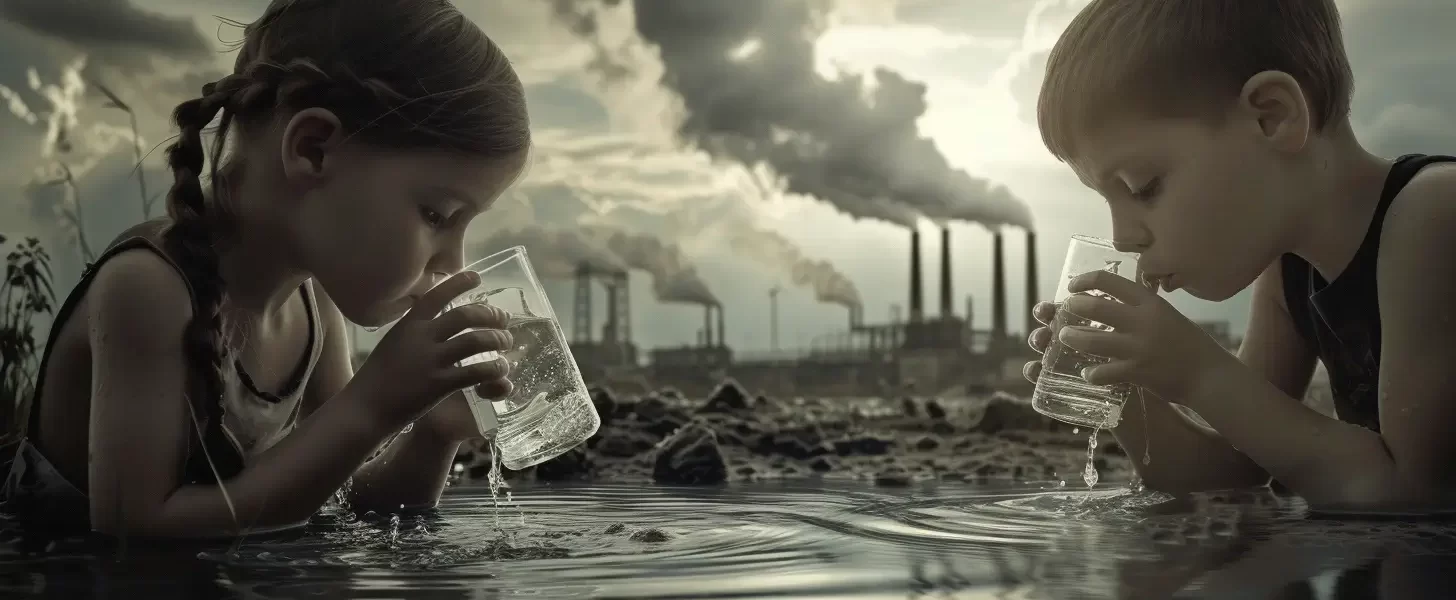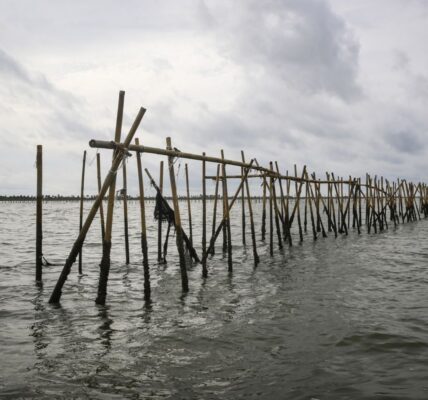With each passing day, the global water crisis becomes more apparent. Access to clean, safe water is a basic human right, yet millions of people around the world are still deprived of it. This crisis has far-reaching consequences, impacting not only the health and well-being of individuals but also the environment and economies of entire nations.
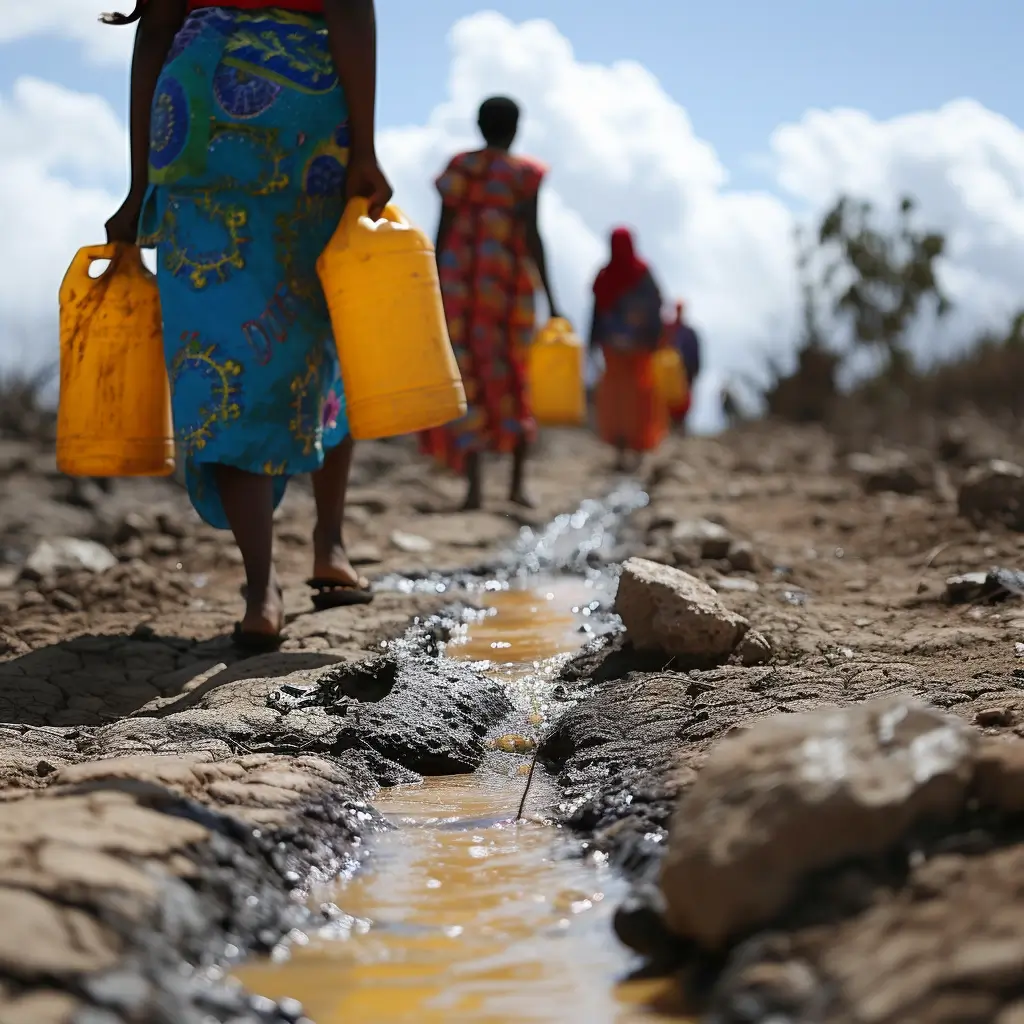
Causes of the Water Crisis
The scarcity of water is a complex issue with multiple causes. Factors such as population growth, climate change, and pollution contribute to the depletion of water sources. As the global population continues to increase, the demand for water also rises. This puts tremendous pressure on existing water resources, leading to shortages in many areas.
Climate change is another significant factor exacerbating the gengtoto water crisis. Rising global temperatures and changing weather patterns result in more frequent and severe droughts, making it harder for communities to access water. Additionally, extreme weather events like floods and storms can contaminate water sources, further compounding the problem.
Pollution is a major cause of the water crisis as well. Industrial waste, agricultural runoff, and improper disposal of chemicals and waste materials contaminate water bodies, making them unsafe for human consumption. This pollution not only affects the availability of clean water but also harms aquatic ecosystems, disrupting the delicate balance of nature.
Impacts of the Water Crisis
The water crisis has severe impacts on both individuals and communities. Lack of access to clean water leads to a range of health problems, with waterborne diseases being the most prevalent. Contaminated water can cause illnesses such as cholera, typhoid, and diarrhea, leading to millions of deaths each year, primarily among children in developing countries.
Water scarcity also affects agriculture, which relies heavily on irrigation. Without sufficient water, crops fail, leading to food shortages and increased prices. This not only affects the livelihoods of farmers but also has ripple effects on the global economy. Moreover, conflicts over water resources can arise, further destabilizing regions already facing political and social challenges.
Water Scarcity and Its Effects on Communities
Communities facing water scarcity are forced to find alternative sources of water, often resorting to unsafe or unclean options. This perpetuates a vicious cycle of poverty and ill health, as individuals spend a significant portion of their time and energy collecting water or dealing with the consequences of consuming contaminated water.
Women and children are particularly affected by the water crisis, as they are typically responsible for fetching water. This task takes time away from education and other productive activities, trapping communities in a cycle of poverty and hindering development.
Solutions to the Water Crisis
Addressing the global water crisis requires concerted efforts at both local and global levels. Implementing sustainable water management practices is essential to ensure the long-term availability of water resources. This includes reducing water waste, improving irrigation techniques, and promoting responsible water usage in industries and households.
Investment in water infrastructure is crucial to improve access to clean water. This involves building and maintaining water treatment plants, pipelines, and storage facilities. Additionally, upgrading and expanding existing infrastructure can help meet the growing demand for water in urban areas.
Rainwater harvesting and water recycling are effective solutions in areas where water scarcity is prevalent. Collecting rainwater allows communities to have a supplementary source of water during dry periods. Similarly, treating and reusing wastewater can help conserve water and reduce the strain on freshwater sources.
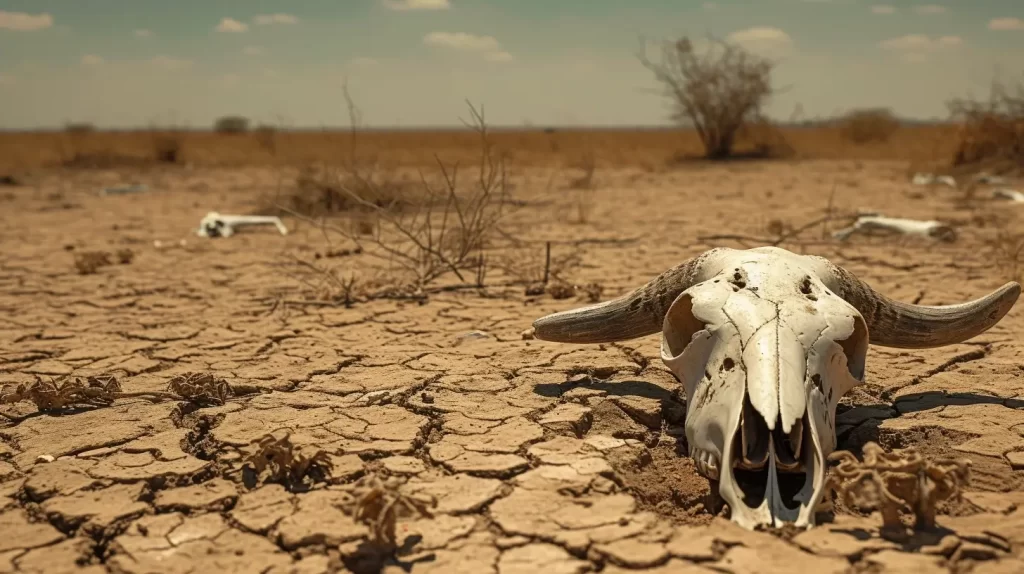
The Role of Government and NGOs in Addressing the Water Crisis
Governments play a critical role in addressing the water crisis through policy-making, regulation, and investment. They need to prioritize water management and allocate sufficient resources to ensure access to clean water for all citizens. Collaboration with NGOs, private sector organizations, and international bodies is also necessary to implement effective solutions and leverage expertise and funding.
NGOs play a crucial role in providing assistance and support to communities affected by the water crisis. They work on the ground to implement water projects, educate communities about sustainable water practices, and advocate for policy changes. Their involvement is key to ensuring that the most vulnerable communities have access to clean water.
Global Initiatives and Organizations Tackling the Water Crisis
Numerous global initiatives and organizations are actively working to address the water crisis. The United Nations’ Sustainable Development Goals (SDGs) include a specific target to ensure availability and sustainable management of water and sanitation for all. UN-Water, an inter-agency coordination mechanism, facilitates collaboration and knowledge sharing among different stakeholders.
The World Bank has also been involved in addressing the water crisis through its Water Global Practice. It provides technical and financial assistance to countries, supporting projects that improve water governance, infrastructure, and service delivery. Similarly, organizations like Water.org and Charity: Water focus on bringing clean water and sanitation solutions to underserved communities.
Case Studies of Successful Water Management Projects
Various successful water management projects serve as examples of how the water crisis can be tackled effectively. The Namibian government’s approach to water management stands out, as they have invested in desalination plants to provide drinking water to the capital city, Windhoek. This project has reduced the city’s reliance on groundwater and ensured a more sustainable water supply.
Singapore’s NEWater initiative is another remarkable example. The country has implemented advanced water treatment technologies to reclaim and recycle wastewater for various purposes, including drinking water. This has significantly reduced Singapore’s dependence on imported water and mitigated the impact of water scarcity.
How Individuals Can Contribute to Solving the Water Crisis
Individuals also have a role to play in addressing the water crisis. Simple actions like conserving water at home, fixing leaky pipes, and practicing responsible water usage can make a significant difference. Supporting organizations working on water projects, raising awareness about the issue, and advocating for sustainable water management can also contribute to solving the crisis.
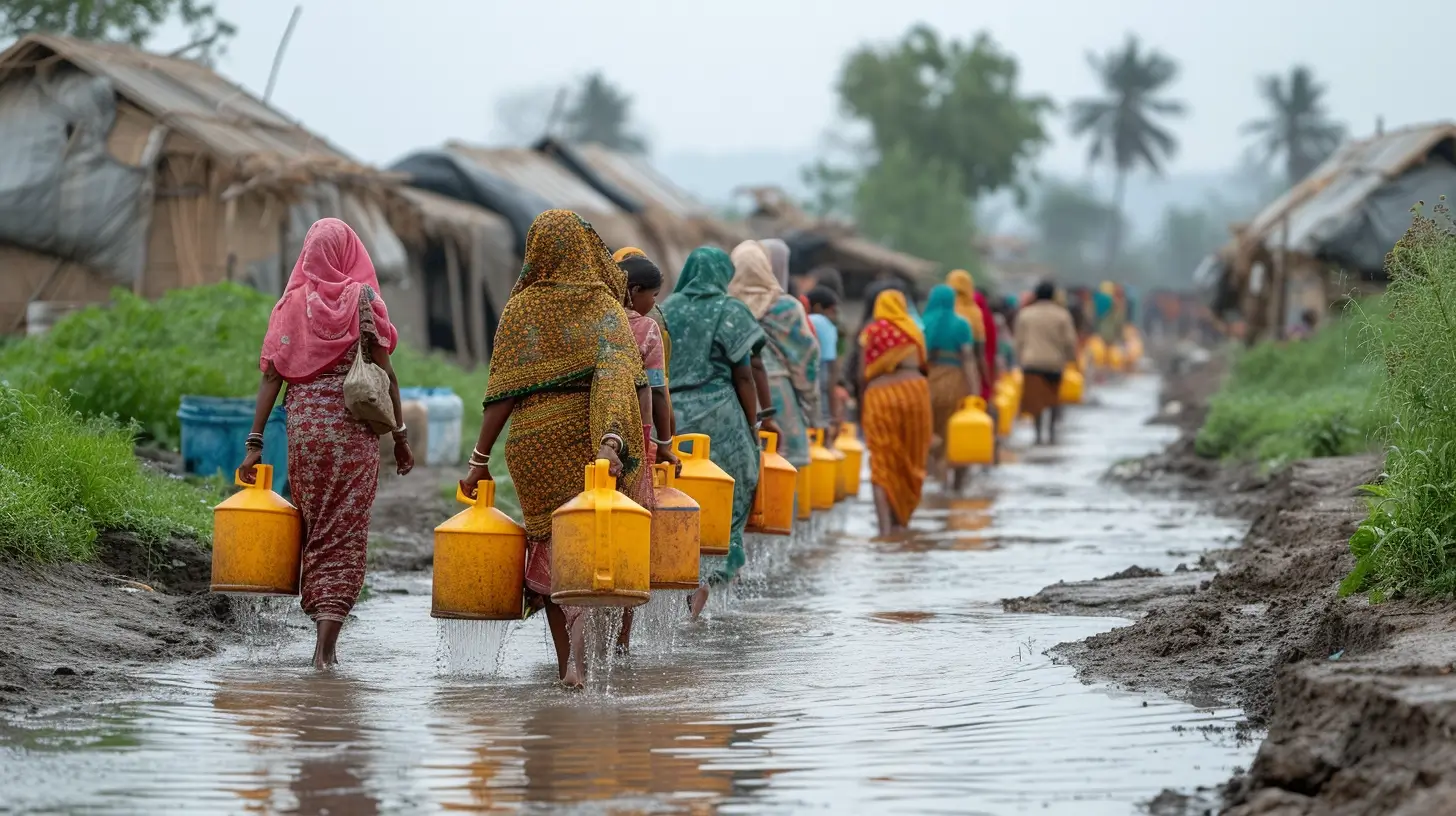
Call to Action
The global water crisis is a pressing issue that demands immediate attention. Access to clean, safe water is a fundamental human right that should be guaranteed to all individuals. By understanding the causes and impacts of the water crisis and implementing sustainable solutions, we can work towards a future where safe and clean water is available to every person on the planet.
It is essential for governments, NGOs, and individuals to collaborate and take action. Governments must prioritize water management, invest in infrastructure, and implement policies that promote responsible water usage. NGOs should continue their efforts to provide assistance and support to vulnerable communities. Individuals should make conscious choices to conserve water and raise awareness about the importance of this precious resource.
Together, we can make a significant impact and ensure a brighter future where no one has to suffer from the consequences of the global water crisis. Let us act now and pave the way for a world where access to clean water is a reality for all.
If you found this article insightful, we invite you to delve into another engaging topic: World Fart Day. Discover the curious origins, cultural significance, and perhaps unexpected insights into this unique celebration. Thank you for your interest and continued engagement in important global issues.

